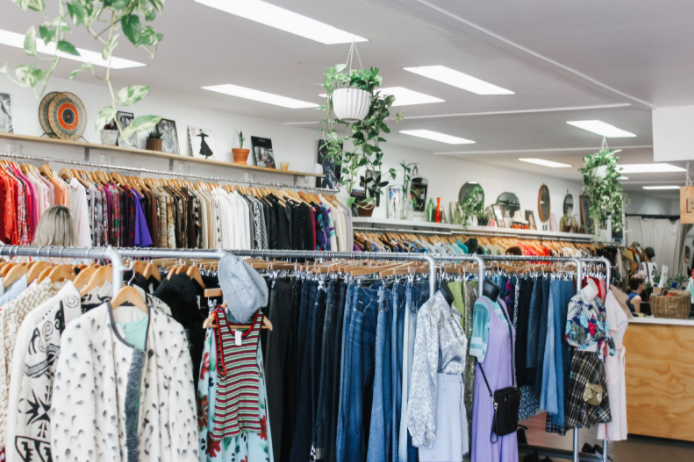Retail sales in the United States increased by 3.8% in January, the most in 10 months, hitting a new record high, according to the Commerce Department. Retail sales haven’t been this high since the government started tracking sales in 1992. This new data comes as many businesses and analysts were forecasting that the economy would possibly slow down at the beginning of the year as consumer sentiment decreased. It appears the opposite has happened, as there was a surge in car purchases and more.
While this data confirms that the economy is still going strong, even with the many issues it faces, there are other concerns that analysts have about the overall growth of the economy. For example, the higher prices of goods, as the result of inflation, could end up limiting how much the economy is able to grow.
This latest report also readjusted the data that was recorded for December’s sales. Sales at the end of the year are now recorded as being much weaker than initially reported. Therefore, January’s rebound in sales is even more significant. For the most part, it appears a surge in automobile purchases has led to this increase in sales, also notable for the many issues that car manufacturers have faced since the pandemic began. Car prices have also risen in the past year, though it appears that consumers are still willing to pay this extra amount for a car.
This report also comes amid other reports that state that consumer sentiment has fallen again in the past month, signaling that sentiment may be on a downward trend. While consumer sentiment is important, as it can help economists understand how willing consumers are to spend money and put it back into the economy, a decrease in sentiment doesn’t always mean that sales will also decrease. In this past month, we can see that this is the case.
While this increase in retail sales is positive, economists do expect this surge in consumer purchasing to slow down in March. Likely, the economy will slow down slightly, not too significantly, and then pick back up again as summer begins. This tends to be normal, though the ongoing pandemic and supply chain problems could continue to impact consumer behavior in various ways, both positive and negative.
While consumers were willing to spend more money on cars in the past month, spending on other areas did decrease. For example, spending in book stores, sporting goods stores, and hobby stores fell, signaling that consumers were less willing to spend discretionarily.
Spending at restaurants and bars also decreased slightly in the past month. This is likely because of the spread of the highly contagious Omicron variant of the coronavirus. In January, infections and cases surged around the country. Consumers could have decided to stay home, rather than go out to eat, during this time — and this could explain why restaurant and bar spending has decreased where other areas have increased.
Meanwhile, online retail sales have continued to increase in January, and it will likely continue to stay high as the pandemic continues.
